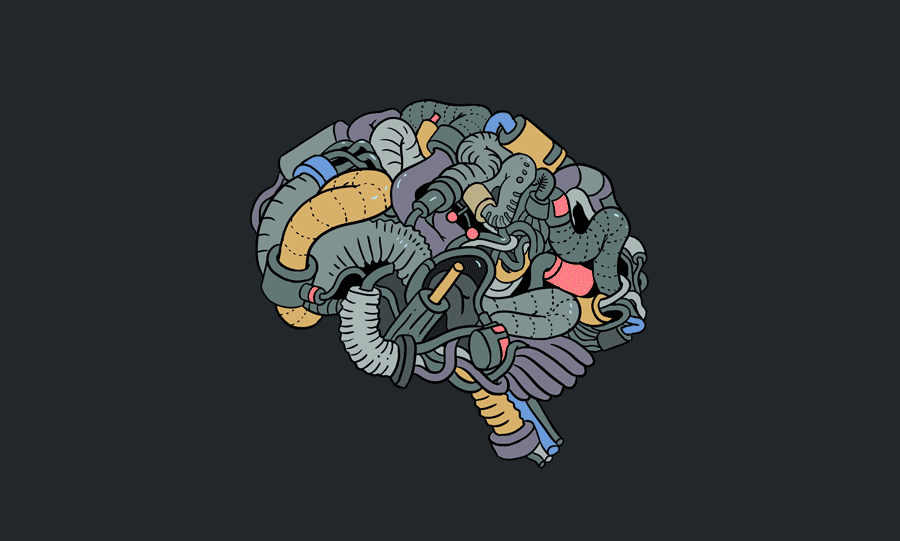Elementary Robotics came out of stealth mode Tuesday with a $12.7 million Series A funding round led by Threshold Ventures.
Subscribe to the Crunchbase Daily
Founded in 2017, the Los Angeles-based robotics startup built a hardware and software platform for applying machine learning and computer vision to the manufacturing and logistics industries to automate quality and traceability workflows.
“We are focused on automating visual tasks in manufacturing and logistics, industries that do a lot of inspection and quality checks,” said Arye Barnehama, founder and CEO of Elementary Robotics, in an interview with Crunchbase News. “These tasks are repetitive, visually and mentally fatiguing. By using a robot, you can teach it to find things you wouldn’t see with a static camera.”
Existing investors Fika Ventures, Fathom Capital and Toyota AI Ventures also participated in the round. To date, the company has raised $17.5 million, Barnehama said. Two years ago, the company raised a $3.6 million seed round, according to Crunchbase data.
The new funding will enable Elementary Robotics to continue developing and deploying its automation products at scale, Barnehama said. The company has 25 employees, and has a presence in Chicago, near where the automotive manufacturing industry is seeing a resurgence, and Mexico City in addition to its LA office.
“With the tailwinds behind everything that is happening, we see manufacturing moving to Mexico,” he added. “We will work on scaling up to deploy more robots, as well as grow our go-to-market strategy in marketing and engineering support.”
While manufacturing has been a good business to start in, Barnehama sees robots working in other areas, such as shipping, e-commerce, aerospace, medical and light industrial. He said visual intelligence could be used to scan pallets or boxes to confirm all items are present or assembled correctly.
In addition to the investment, Threshold Ventures Partner Mo Islam joined the company’s board of directors.
Islam met Barnehama a few years ago and liked that Elementary was doing computer vision in manufacturing, a space where there has not historically been a lot of innovation happening. He also sees a trend in automation as a net benefit of COVID-19, Islam said.
“I like what they can do to increase throughput and optimize manufacturing and remote visibility,” he said. “They don’t want to replace humans, but make them more productive in other areas of their work, which saves money.”
Illustration: Li-Anne Dias

Stay up to date with recent funding rounds, acquisitions, and more with the Crunchbase Daily.




![AI/Cyber [Li-Anne Dias]](https://news.crunchbase.com/wp-content/uploads/Cybersecurity-300x168.jpg)
![Illustration of conversation bubbles. [Dom Guzman]](https://news.crunchbase.com/wp-content/uploads/Talk-300x168.jpg)

67.1K Followers